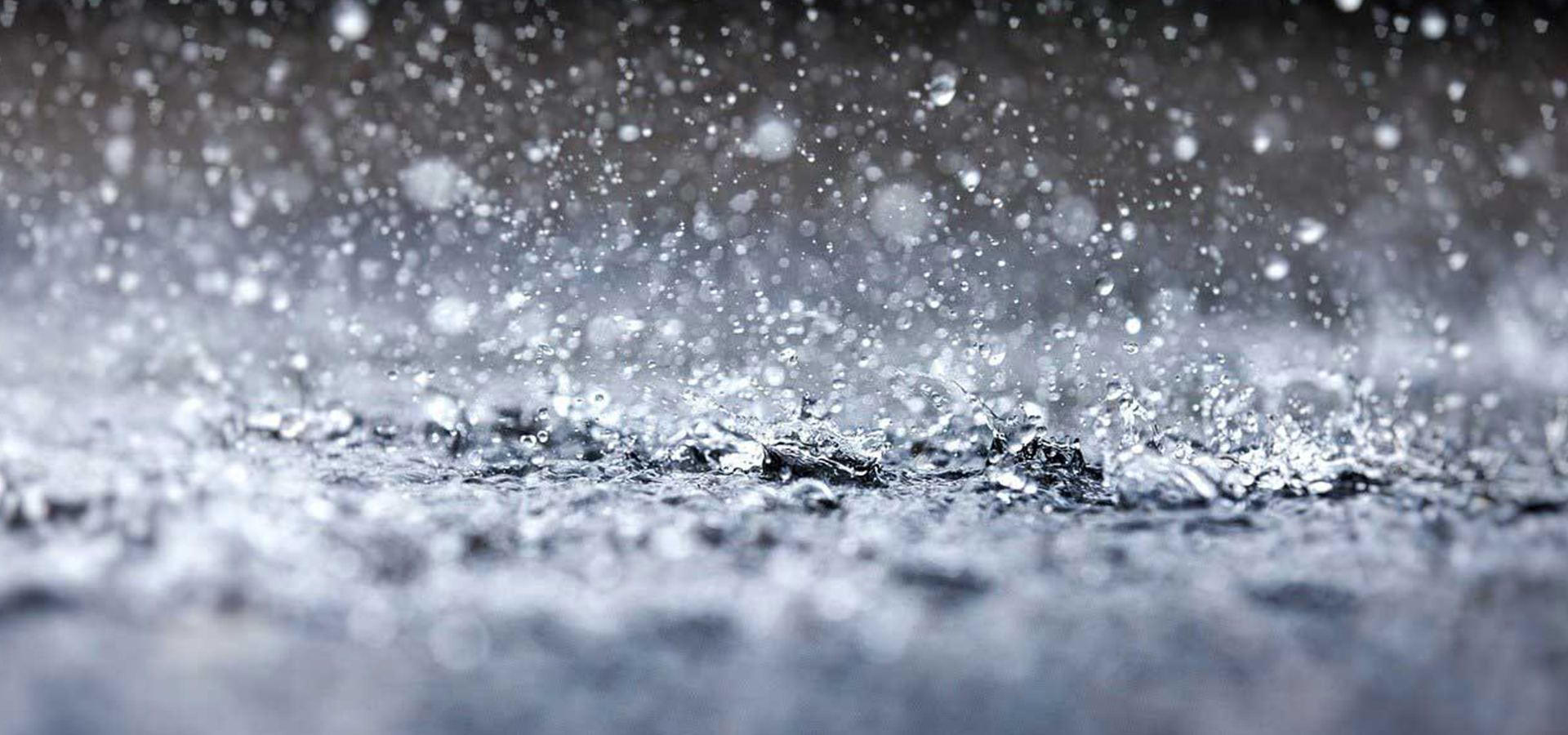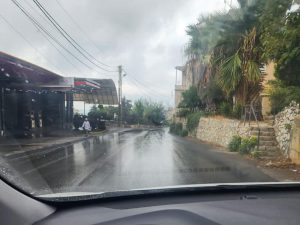
The first rain, tips for personal health & driving
- October 15, 2022
- 0
First rain of the season is special because it relieves us from ruthless heat but that doesn’t mean you should enjoy. Even if it rained just when you needed, avoid getting wet and that is why:
Temperature difference affects the immune system:
First things first, you should not ignore the massive temperature difference before and after rains. It was 30 degrees and suddenly it dropped down to 20 degrees during rain. This certainly helps relieve hotness but this is not good for your immune system. Also, when you get wet, the temperature of the body declines sharply which hampers your immune system.
The body is adjusted to a temperature but when you get wet, the sudden decline makes your immune system confused. It is not able to adjust and so, becomes weak. Staying wet for prolonged periods increases the risk of other issues that we talk about in the next subhead.

Contains high atmospheric pollutant content:
One of the main reasons why first rain is bad because of atmospheric pollutants in it. Pollution is at its peak during summer months that gets into the air and evaporates with water. So, these pollutants are present in rain water. These toxins and chemicals are hazardous for the body. So, avoid getting wet to expose yourself to these harmful elements.
If by chance, you get wet, make sure to use a good antibacterial soap and body wash to thoroughly clean your body. Use a body scrub to eliminate toxins on your skin to prevent their ill effects on the body.
Acid rain and its effects on skin and hair
Mostly, first rains of the season are acidic due to high pollutants and other toxic elements. The atmospheric gases like Sulphur dioxide/trioxide when dissolved in water form sulfuric and other acids which are known to cause bald patches, alopecia, brittle hair, dermatitis etc.
The pollutants are definitely known to worsen other existing skin and hair disorders which is why the shower mandate recommendation after getting wet. The extremes of temperature difference are known to alter our immune system and make us prone to various other disorders as well.
.
Risks of Driving in the Rain
When the oil, water, and other substances mix and rise to the surface, the roads and pavement become incredibly slippery. This condition can lead to skidding, slipping, and swerving, especially for novice drivers who do not know to be cautious during the first rain.
Driving in the rain is hazardous for many drivers. However, the first rain after a period of dry weather can increase risks to most drivers on the road. The first rain and dangerous weather conditions can increase the effects of negligence on the road, leading to severe accidents, injuries and death.
TIPS FOR PREVENTING ACCIDENTS IN THE RAIN
Driving in the rain is often unavoidable, especially in places with regular dry and rainy seasons. If you have to drive in the rain, you can follow these tips to stay safe and avoid car accidents.
Drive slower, but keep up with surrounding traffic. Driving slowly increases your time to react to dangerous situations and improves your tire traction, which can help you drive safely over the first rain oil mixture. However, avoid falling into the timid driver trap and make sure to keep pace with other cars on the road.

Do not brake too quickly. If you brake suddenly in rainy conditions, you could skid off the road. You could lose traction and crash into other vehicles or go off the road. If you do skid, keep calm, do not make sudden turns, and steer straight until you regain traction.
Avoid driving through buildups of rain water. You may see standing or flood water on the sides of the road – make sure to not drive through them. You could lose traction on the road and skid, increasing your accident risk.
Watch the car in front of you. In the rain, your visibility decreases significantly and you can lose sight of conditions ahead of you. Watch for the other driver’s reactions and react accordingly. Make sure to keep a safe distance between your vehicles – rainy weather means increased brake time.
Source: onlymyhealth.com











